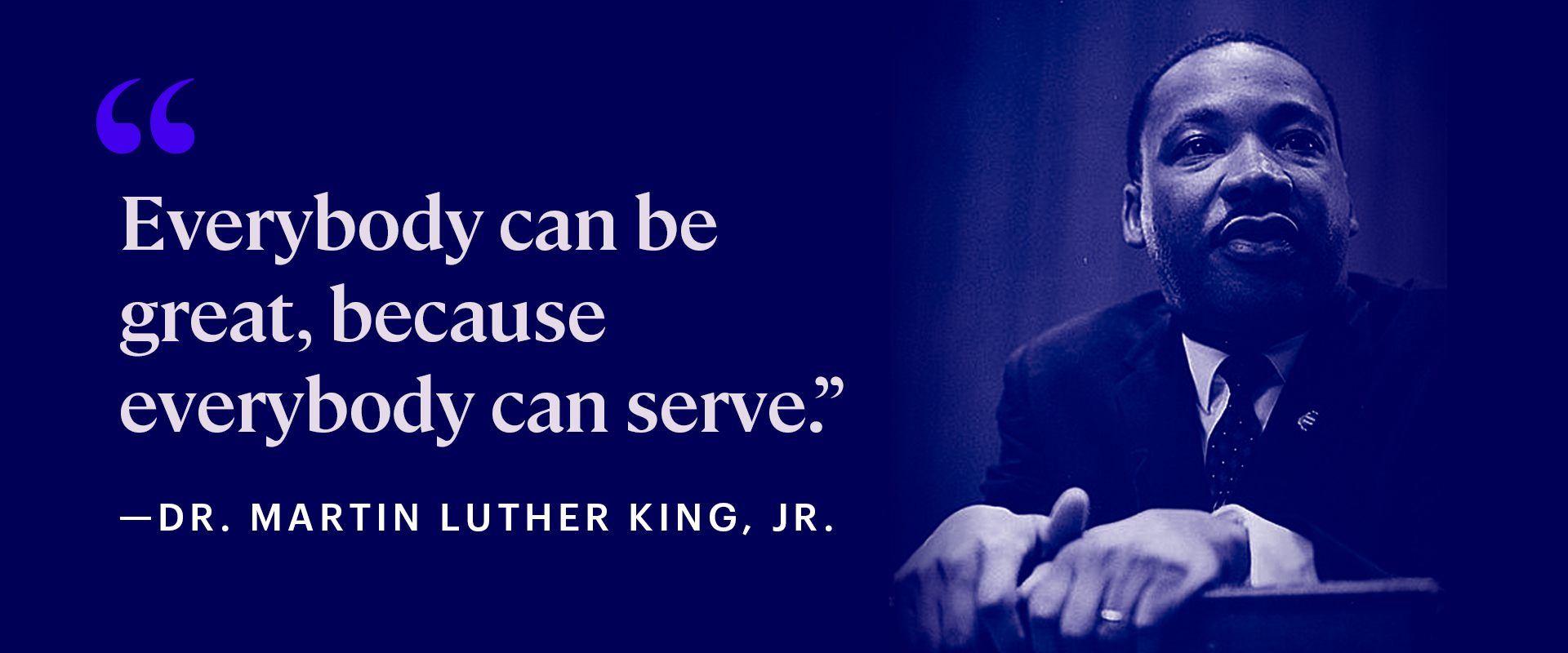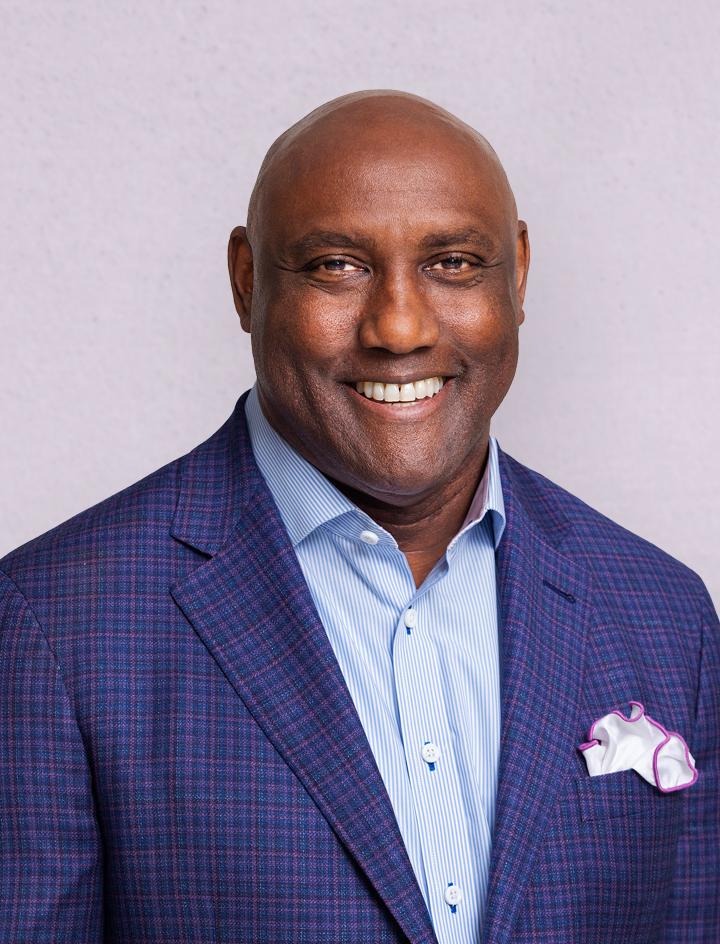The Elements of Greatness
Reflecting on Lessons From Martin Luther King Jr.
January 12, 2024
On Monday, we celebrate the life of Dr. Martin Luther King Jr.—MLK—a man who embodied many elements of greatness. MLK Day calls to mind the lessons we can learn and apply from King’s life. This year, I’ve decided to reflect on the role of education as King saw it and as he applied it in his life’s work.

King valued education. Indeed, he worked hard and studied for many years to become a highly educated man. After earning his Bachelor of Arts degree at Morehouse College, King went on to earn his Bachelor of Divinity at Crozer Theological Seminary, followed by his doctorate in systematic theology at Boston University.
To understand why King pursued education at the highest levels, look no further than his own writings. Toward the start of his academic journey while at Morehouse, King wrote, “Intelligence plus character—that is the goal of true education.” (I encourage you to read King’s full article here.) Considering his perspective on education, not to mention his chosen discipline (theology), one might infer King’s experience in higher ed influenced his development as a leader, in addition to growing his knowledge base.
Like King, I have always been a believer in education. Like King, I see education as but one way to fulfill a higher calling. Many years after setting out on his journey through higher education, King would go on to say that education was not requisite for greatness. In a sermon delivered just two months before his assassination, King preached:
“If you want to be great—wonderful. But recognize that he who is greatest among you shall be your servant. That's a new definition of greatness. [And] the thing that I like about it: by giving that definition of greatness, it means that everybody can be great, because everybody can serve. You don't have to have a college degree to serve. You don't have to make your subject and verb agree to serve…You only need a heart full of grace. A soul generated by love. And you can be that servant.”
—Dr. Martin Luther King Jr.
“The Drum Major Instinct,” February 4, 1968, an adaptation of the 1952 homily by J. Wallace Hamilton (full sermon here)
As educators, as students, and as proponents of lifelong learning within our domain of applied financial knowledge, what might we make of King’s stance on education? Here’s what I believe it means: Although King loved learning, he loved service even more—and the lesson is to apply education in service to others. Formal education (whether a college degree or a College designation) itself is not the key to greatness. Instead, it helps build knowledge, intelligence, and character, which, together, equip us to lead lives of service. Only then can our impact be truly great.
This holiday, let’s align our educational goals to our life goals. Let’s pursue education that builds knowledge, intelligence, and character. And let’s apply what we learn in service to others—with faith, as MLK possessed, that our lives may serve a greater purpose.
Related Posts
The Future of Advice
View Details